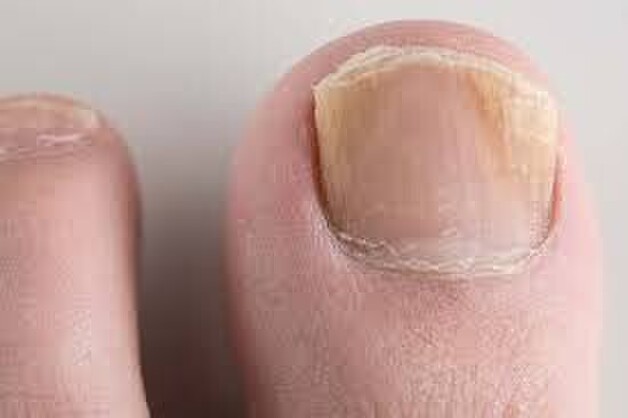Fungal Nail Infections: Causes, Treatment, and Prevention
What is a Fungal Nail Infection?
A fungal nail infection (onychomycosis) is a common condition where fungi invade the nail plate, nail bed, or surrounding skin. It often causes the nail to become thickened, discoloured, brittle, or crumbly, and in advanced cases, nails may lift or separate from the nail bed.
At Foot Foundation, fungal nail infections are one of the most frequent nail concerns we treat. They can affect anyone, but are more common in athletes, people with diabetes, or those who spend long hours in enclosed footwear.
Causes of Fungal Nail Infections
Fungal nail infections are caused by microscopic organisms (dermatophytes, yeasts, or moulds). Common risk factors include:
Sweaty or enclosed footwear creating a warm, moist environment.
Public pools, gyms, and showers where fungi thrive.
Nail trauma or damage, making the nail more vulnerable to infection.
Underlying health conditions such as diabetes or immune compromise.
Spread from athlete’s foot (tinea pedis) to the toenails.
Symptoms to Look Out For
Signs you may have a fungal nail infection include:
Yellow, brown, or white discolouration of the nail.
Thickened or brittle nails that are difficult to cut.
Nails that crumble or split at the edges.
Foul odour or debris under the nail.
Pain or discomfort in shoes if the nail becomes thick.
Treatment Options at Foot Foundation
At Foot Foundation, we provide a range of evidence-based treatments tailored to the severity of the infection:
1. Professional Diagnosis
Not all nail changes are fungal. We use clinical assessment and, when needed, lab testing to confirm the diagnosis before starting treatment.
2. Mechanical Nail Reduction
Thickened nails can be painlessly reduced with podiatry equipment, instantly improving comfort and appearance, and making antifungal treatments more effective.
3. Topical & Oral Treatments
Topical antifungals – medicated lacquers or solutions applied directly to the nail.
Oral antifungal medications – prescribed via GP for resistant infections.
4. Advanced Treatments
Lunula Cold Laser Therapy – uses light energy to inhibit fungal growth.
Photodynamic Therapy – a proven light-based system targeting fungal cells.
Clearanail – a precision micro-drilling system that creates microscopic holes in the nail plate, dramatically improving penetration of antifungal solutions.
5. Chemical Debridement
A podiatrist applies a urea-based paste that softens and painlessly breaks down the infected nail, allowing removal of diseased tissue and promoting healthier nail regrowth.
6. Surgical Nail Removal
For severe or painful fungal nails, permanent surgical removal of the affected nail may be recommended. This procedure is done under local anaesthetic, and in many cases, a chemical is applied to prevent regrowth of the diseased nail.
Preventing Fungal Nail Infections
To reduce your risk of recurrence:
Keep feet clean and dry, especially between toes.
Rotate footwear and wear breathable shoes/socks.
Wash socks in hot water and change daily.
Wear jandals in public showers, pools, and gyms.
Trim nails straight across and avoid trauma to the nail.
Avoid sharing nail clippers or files.
Why Choose Foot Foundation for Nail Care?
Expert podiatrists experienced in fungal nail management.
Full range of treatments – from topical and laser to Clearanail®, chemical debridement, and surgical removal.
Clinics across Auckland, Hamilton, and Tauranga.
ACC registered providers where applicable.
Book Your Nail Assessment Today
If you’re struggling with fungal nail infections, Foot Foundation can help you find the right treatment.
📞 Call us now on (09) 922 6830 or (07) 949 7607
📧 Email: reception@footfoundation.co.nz
🌐 Visit: www.footfoundation.co.nz


